Housing Practices of Albanian Immigrants in Athens: An “in-between” Socio-Spatial Condition
Iris Polyzou, Stavros Nikiforos Spyrellis
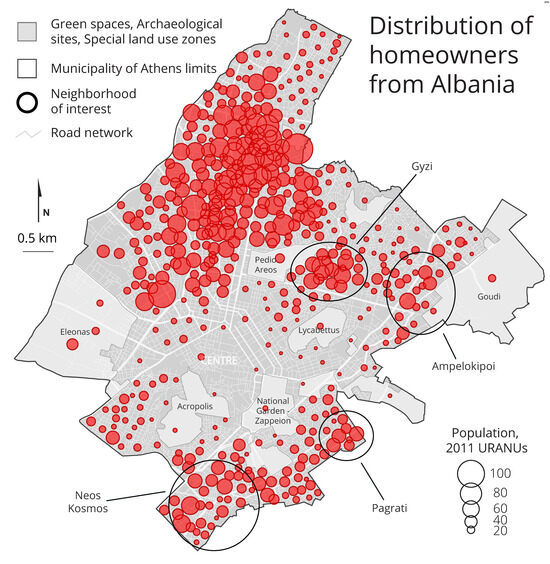
Immigrants’ access to housing is often the outcome of self-settlement practices within a context of limited social policies that often characterizes Southern European metropolises. Hence, immigrants are facing multiple constraints and remain vulnerable towards diverse socioeconomic fluctuations. This article focuses on the housing practices followed by Albanian immigrants, the largest immigrant group in Athens’s municipality, to examine how spatial inequalities are intertwined with ethnicity in the Greek capital. The objective is twofold: to discuss ethnic segregation on the micro-scale of Athenian central neighborhoods and examine how immigrants’ housing practices are being challenged within a rapidly changing socio-spatial context. The methodology follows a mixed approach, aiming at identifying differentiations and inequalities both on the macro- and micro-spatial scale. First, differentiations among Greeks, Albanians, and other third-country nationals in Athens (2011) are traced and compared, based on quantitative data. Second, for the purpose of highlighting micro-geographies in the city, this article presents an analysis of collected narratives of Albanian immigrants, through semi-structured interviews held in 2023. The main results indicate that the population under study finds itself in an “in-between” socio-spatial condition: an “in-between”, compared to the housing experiences of Greek households and other third-country nationals, that produces (and reproduces) segregation trends visible on the micro-scale. Moreover, this article attempts to highlight how the lack of housing policies put in peril the successful self-settlement practices of Albanian immigrants, in the current context of financialization of the Athenian housing market.

This project has received funding from the European Union’s Horizon 2020 research and innovation programme under grant agreement No 101004539. The content does not necessarily reflect the opinion of the European Commission. The European Commission is also not responsible for any use that may be made of the information contained therein.
Photo credits: Mohamed Keita
PARTNERS

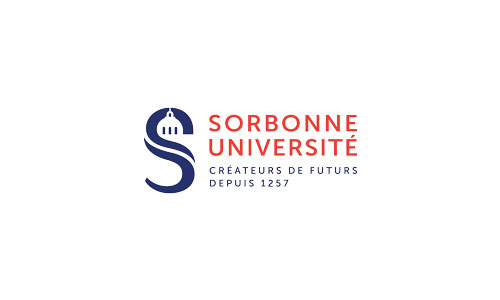
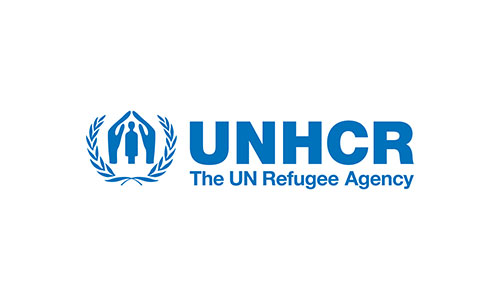
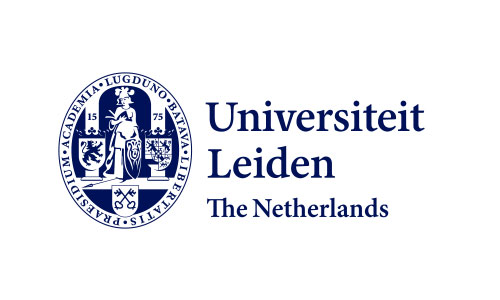
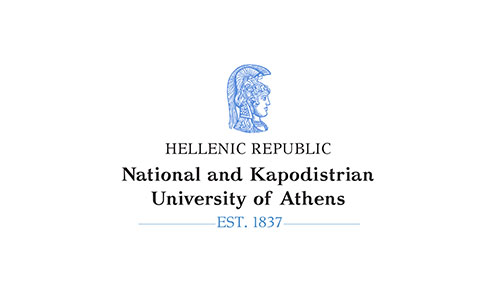
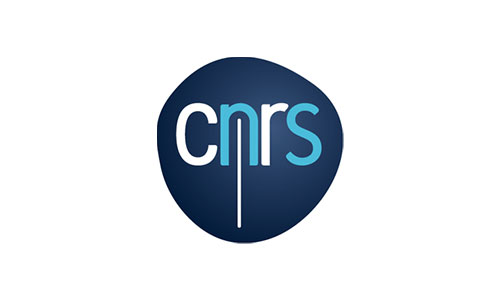
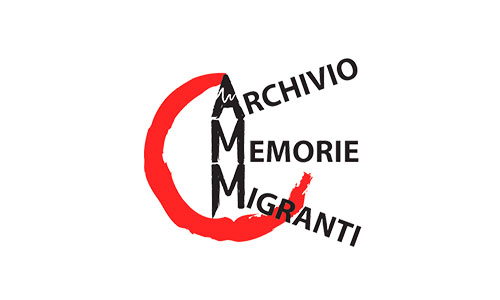
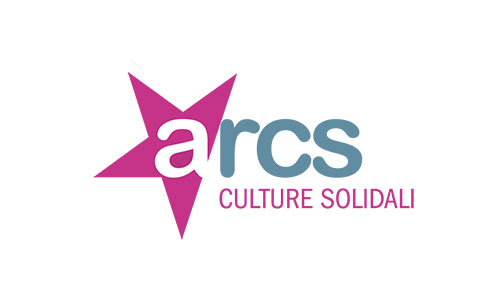
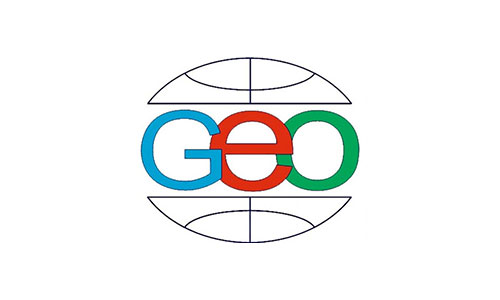
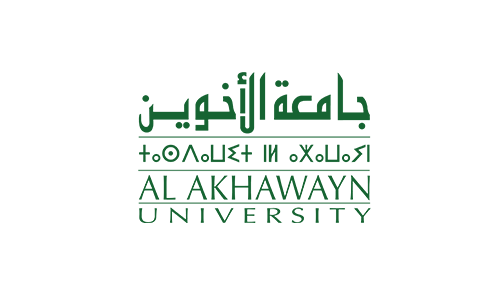
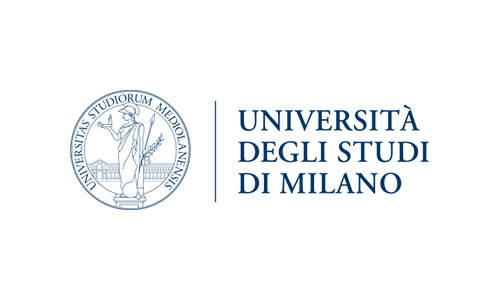

تلقى هذا المشروع تمويلًا من برنامج Horizon 2020 للبحث والابتكار التابع للاتحاد الأوروبي بموجب اتفاقية المنحة رقم 101004539 ويجمع 12 منظمة شريكة مختلفة.
النشرة الإخبارية
Error: Contact form not found.
Copyright 2025 Ithaca. All right reserved.
Powered by Università degli Studi di Modena e Reggio Emilia (UNIMORE).


